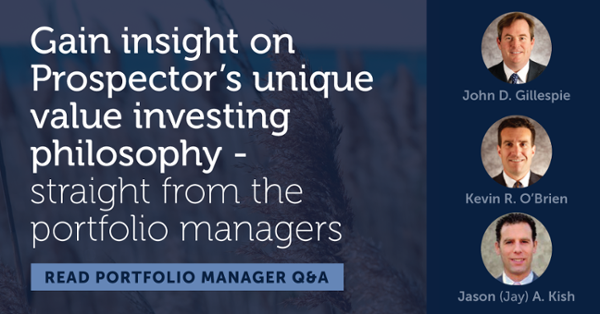From publicly traded entities to mom and pop operations, restaurants have been one of the hardest hit industries during the coronavirus pandemic. With some U.S. regions facing a new surge in virus cases, restaurant business models are again under investors’ microscope.
In this blog, we share how our investment team is navigating the restaurant landscape, including the key criteria we believe will differentiate winners and losers, and why some of our traditional, time-tested investing fundamentals may be critical to analyzing restaurant stocks in this challenging environment.
From a high level, restaurant stocks fall into three broad categories: full-service, quick-service, and fast-casual. Full-service restaurants can be identified by waiters taking orders, high-margin alcoholic beverage sales, and a lower mix of to-go sales. On the other hand, quick-service meals are generally ordered at a service counter or drive-thru window, have lower price points, and offer greater convenience. Fast-casuals are somewhat of a hybrid, offering the convenience and prices of quick-service restaurants with the perceived high-quality food and ambience of full-service restaurants.
Generally speaking, full-service operators have seen the most significant declines in customer traffic while quick-service restaurants were relatively less impacted due to their to-go friendly menu options and their drive-thru infrastructure.
Across the spectrum, companies who spent recent years developing digital ordering capabilities, delivery options, or dedicated order pickup windows quickly saw their investments justified, while others had to scramble to retrofit their operations to survive.
Amid Pandemic’s Unique Challenges, Time-Tested Investment Principles Still Apply
Although the challenges arising from the coronavirus pandemic are unique in nature, many of our investing fundamentals remain as relevant as ever. Three of our principles will be particularly important to navigating the restaurant industry this year:
- Scrutinize the balance sheet. We continue to avoid companies who utilize large amounts of leverage. During this crisis, many restaurant operators were forced to raise money in the public markets, often diluting the current shareholder base or hampering future growth prospects with increased indebtedness.
- Focus on downside risk. We tend to shy away from investments in companies with high-flying valuations that rely on near-perfect macroeconomic conditions. These are bound to struggle once fundamentals begin to deteriorate, whether caused by a pandemic or otherwise.
- Invest like an owner. We favor companies who are run by competent management teams that prudently invest in their business for the longer term. These companies should prosper even in times of crisis.
Looking ahead, several questions for the restaurant industry remain unanswered: When will social distancing guidelines be lifted, or in some regions, when will they return? Will there be a permanent increase in employees working from home? What are the longer-term impacts to consumer confidence?
While the future remains unclear, our approach to risk assessment and focus on business fundamentals should help us mitigate risk of permanent losses while identifying potential winners over the long term.


